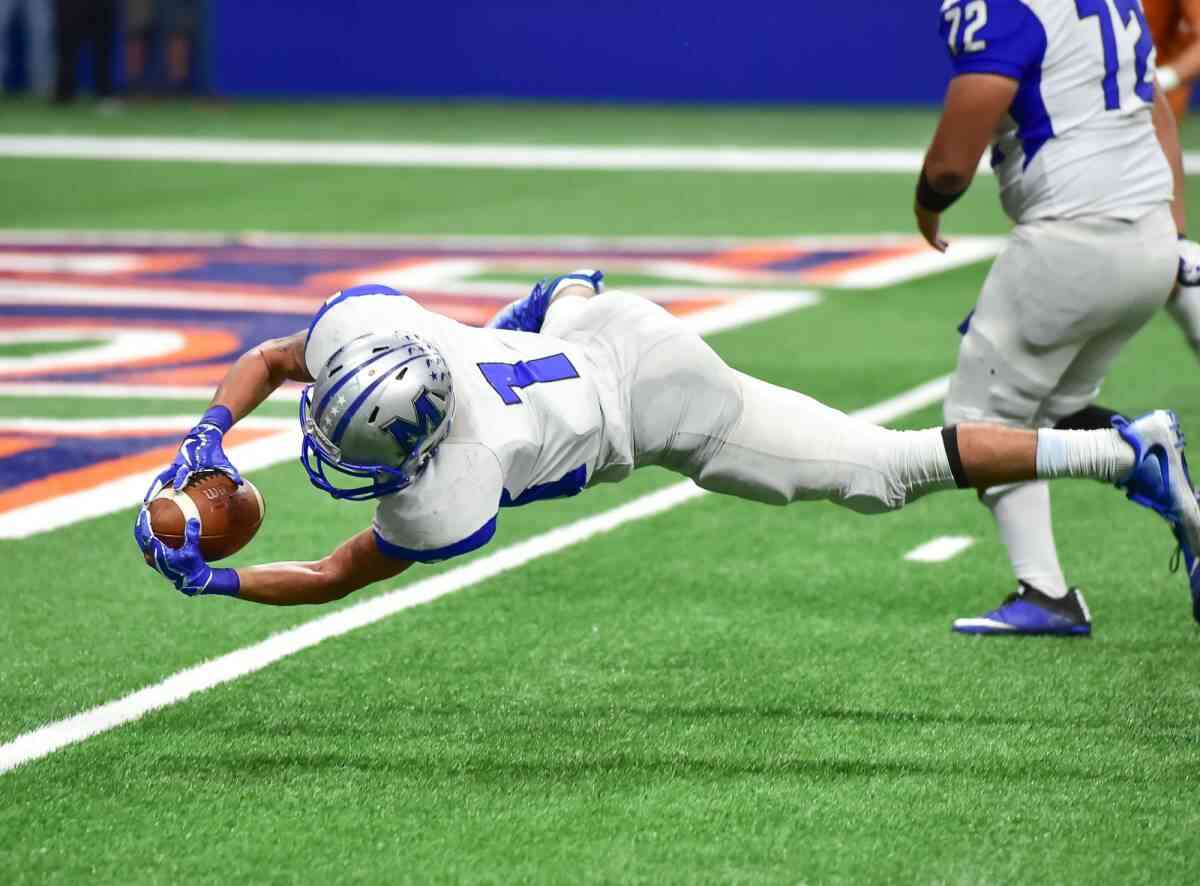5 Steps to Take After Being Injured Playing Football

Football is a great sport, but it's also a contact sport. If you get hurt playing football, it can be hard to know what
Football is a great sport, but it's also a contact sport. If you get hurt playing football, it can be hard to know what to do next. You might worry that your injury will prevent you from playing football again, but there are some steps you can take to help ensure that doesn't happen. Knowing how to care for your injury and what options are available can help you recover faster and get back on the field in no time! If you've suffered an injury while playing football, follow these steps:
1. Seek Medical Attention
If you've been injured playing football the first thing you need to do is schedule an appointment with the proper medical professionals. They will often recommend that you go and see a sports injury chiropractor in Chicago or surrounding areas during your recovery process. Athletes can delay seeking treatment for injuries for a number of reasons. Some athletes don't want to appear weak by coming off the field with an injury, while others may fear that their coaches will be upset if they leave practice early. To allay these fears, remind your players that it's not about being tough or showing your coach how much you want to play; it's about getting better so they can return to the field. The sooner you get medical attention after an injury occurs, the better chance you have of healing without complications. And if you're worried about missing time, talk to your coach about what he expects from his players in terms of reporting injuries and asking for help when needed.
2. Take a Break From Playing Football
It's important to recognize when an injury has occurred and then take steps to get better. Once you've been diagnosed with an injury, it's important to follow your doctor's orders, which may include taking time off from playing sports. If your doctor recommends rest, then listen to them! You need all your energy and focus on getting healthy again so that you can return to play as soon as possible. Also, don't rush back into training too quickly. If you try to return to physical activity too soon after an injury, it could cause further damage and delay your recovery time. Remember that every person recovers at different rates — and sometimes injuries take longer than expected to heal!
3. Use Ice Packs and Compression Garments
Use ice packs and compression garments to minimize swelling and pain. Apply ice for 15 minutes at a time every hour while awake during the first 24 hours after your injury, then apply heat instead for 20 minutes at a time every two hours while awake during the next 24 hours. After 48 hours, switch back and forth between ice and heat applications every two hours until there is no more swelling or soreness in your knee. Be sure not to apply ice directly on bare skin — wrap it in a towel first! Compression garments provide support for your muscles and joints, helping them recover more quickly from the trauma of an injury. They also reduce swelling and bruising around your injury site. Wear these garments for up to four days after your injury occurs, removing them only once per day so that you can bathe normally or shower without removing them entirely (just don't soak them).
4. Use Anti-Inflammatory Medicines
Anti-inflammatory drugs such as ibuprofen or naproxen are often used to ease pain and reduce swelling. You can take them with or without food; however, it's best not to take them on an empty stomach because they can irritate your stomach lining if there's nothing else in there! Over-the-counter painkillers like paracetamol or aspirin are less effective at reducing inflammation but still useful for easing pain if you don't want to take anti-inflammatories. If your injury is particularly painful or you have any concerns about taking painkillers, talk to your doctor about other options, such as gels or sprays.
5. Consider Getting Legal Advice
If you have been injured playing football, you may be entitled to damages. The first step is to contact an attorney who can help determine if you have a case. If you've been injured playing football and think that the injury was caused by your opponent's negligence, then it's possible that the opposing team could be held liable for your injuries. However, it's important to know that there are limitations on when an opposing team or player can be sued for negligence. For example, if a player intentionally tried to injure someone else during a game or committed some kind of misconduct that resulted in injury, they cannot be held liable in court for those actions.
Listen to your body. The above methods will not work if you're in excruciating pain. Don't wait until the pain eventually goes away. If you've had an injury, don't put off proper treatment in hopes that it will get better with time. It won't, and it may get worse.



